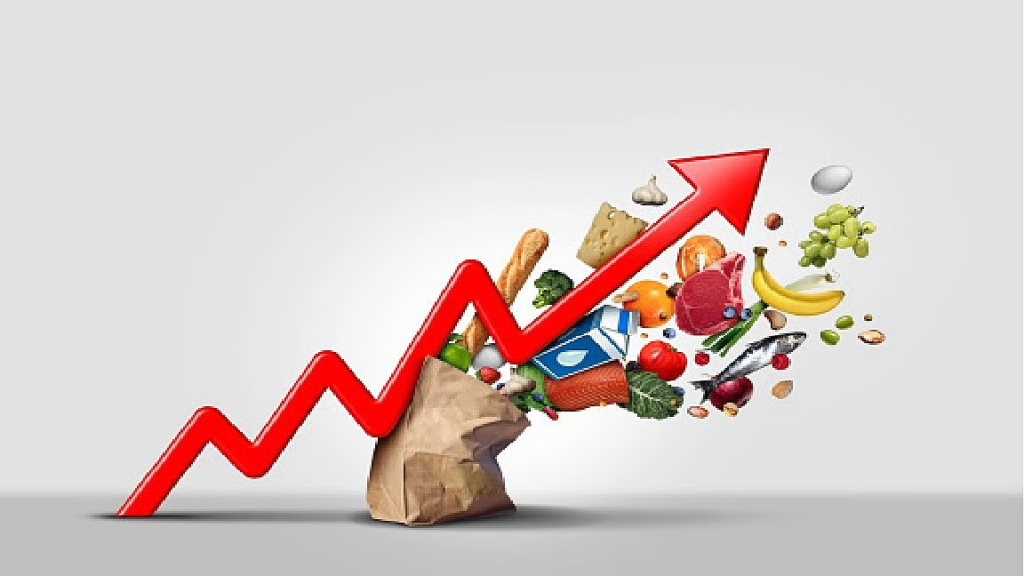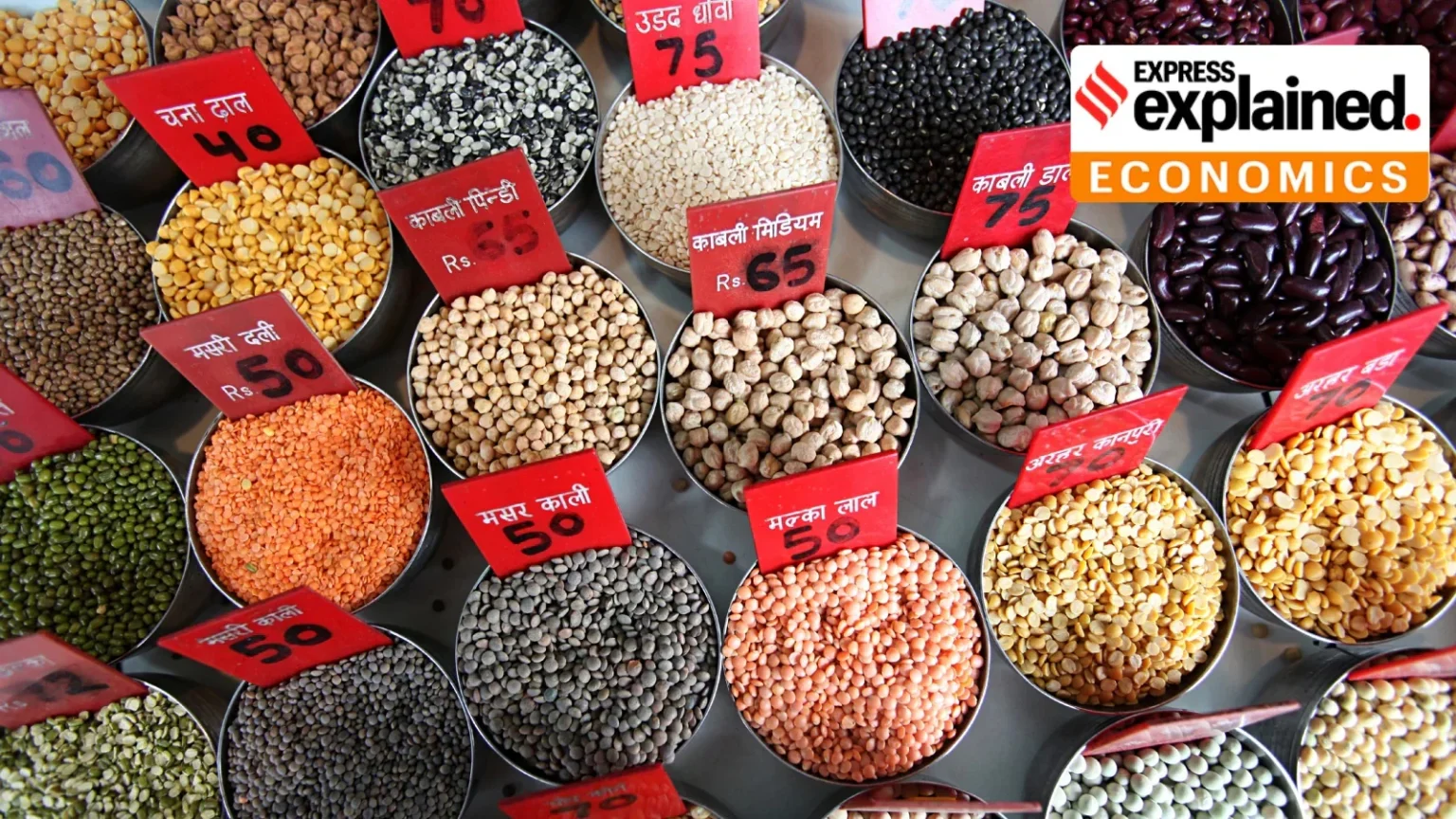Rising food prices threaten Gulf stability in 2025 as inflation hits a record-breaking 15%, creating a ripple effect across the region’s economy, politics, and social systems. The Gulf Cooperation Council (GCC) nations, once seen as financially resilient, are now grappling with one of the most severe food-related inflationary crises in recent years. This sudden rise in food costs is not only affecting household budgets but also testing the strength of political and social cohesion across Gulf countries.
Economists and policy analysts warn that if not addressed promptly, this surge could ignite unrest, impact national security, and hamper ongoing development goals in the Gulf.
Why Are Food Prices Rising in the Gulf?

Multiple factors are contributing to this alarming trend. First, climate-related disruptions in global agricultural supply chains, such as droughts in key producing countries, have reduced exports of grains, vegetables, and livestock. Gulf countries, heavily reliant on imported food especially wheat, rice, and poultry have seen sharp price jumps since early 2025.
Second, the ongoing Red Sea maritime tension and restrictions on shipping routes have increased transportation and insurance costs for cargo ships entering Gulf ports. The result: food prices in supermarkets and local markets have surged, especially for essential items.
Third, local currency pressures against a strengthening U.S. dollar have made imported goods more expensive. GCC nations like Bahrain and Oman, with less fiscal space compared to Saudi Arabia or the UAE, are struggling to manage the economic fallout.
Who Is Affected the Most?
While upper-income households may still absorb the cost increase, it is the low- and middle-income residents who are bearing the brunt. In countries like Kuwait and Qatar, where expatriates form a major part of the population, families are cutting down on protein consumption, shifting to cheaper food options, or skipping meals altogether.
Local business owners also face challenges. Restaurants, catering services, and grocery stores have had to raise their prices, driving away cost-conscious customers and squeezing profit margins.
Additionally, government subsidy programs are under pressure. Countries like Saudi Arabia and the UAE are trying to balance fiscal responsibility with social support. Any reduction in subsidies could cause dissatisfaction among citizens, especially younger generations who are already vocal about employment and economic concerns.
Governments Respond, But Is It Enough?
Gulf governments have taken various steps to cushion the impact. Saudi Arabia has increased its strategic grain reserves and offered temporary subsidies to limit consumer prices on key goods. The UAE has launched an emergency task force to monitor and control essential commodity prices.
Despite these moves, experts believe the measures may be short-term fixes rather than long-term solutions. Regional economists argue that increasing local food production through modern agri-tech investments, diversifying import sources, and establishing stronger food security frameworks are critical to ensuring long-term stability.
Furthermore, inflation isn’t just about food. The price of fuel, electricity, and transportation has also gone up, contributing to the overall rise in living costs. Inflation at 15% the highest in a decade poses a direct threat to the region’s ambitious Vision 2030 and economic diversification goals.
Rising Tensions and Social Concerns

As rising food prices threaten Gulf stability, social consequences are becoming more visible. Protests, although limited, have been reported in smaller towns in Oman and Bahrain. While authorities managed to contain the situations, the events signal public frustration.
Social media platforms are flooded with posts and videos showing empty shelves, long queues for discounted food, and complaints about unjustified price hikes. Young citizens, already dealing with high unemployment rates, feel neglected by leadership and are calling for better economic planning.
Additionally, there is a growing mental health concern. According to a recent regional health survey, over 28% of respondents reported stress and anxiety directly linked to the increasing cost of living and food insecurity.
Impact on Regional Trade and Diplomacy
The crisis also has diplomatic implications. Some Gulf countries are in talks with neighbors like India and Pakistan to sign long-term food security agreements. Meanwhile, tensions have risen over delayed shipments and pricing disputes. A breakdown in regional supply chains could force Gulf nations to reassess current trade alliances and increase investment in alternative sources, such as African nations or Eastern Europe.
Intra-GCC cooperation is also under strain. Smaller economies are seeking aid from wealthier Gulf states, but economic nationalism and self-preservation may override cooperative gestures, leading to friction within the bloc.
The Road Ahead: What Can Be Done?
To prevent long-term instability, experts recommend a multi-layered approach:
- Boost local production: Gulf countries must invest heavily in hydroponic farming, vertical agriculture, and desalinated water-based farming technologies.
- Improve subsidy targeting: Instead of blanket subsidies, governments should focus on supporting the most vulnerable groups.
- Strengthen regional cooperation: GCC nations must work together to create unified food storage, transportation, and procurement systems.
- Enhance price monitoring systems: Better regulation and oversight can prevent hoarding and illegal profiteering.
The rising food prices threatening Gulf stability in 2025 are not merely an economic issue—they are a test of resilience, leadership, and unity in one of the world’s most strategic regions.
Without strategic planning and bold actions, food inflation could soon evolve from an economic challenge into a full-blown geopolitical crisis.
Also Read – Saudi Arabia Health Department Reports 35% Drop in Infant Mortality Since 2010



